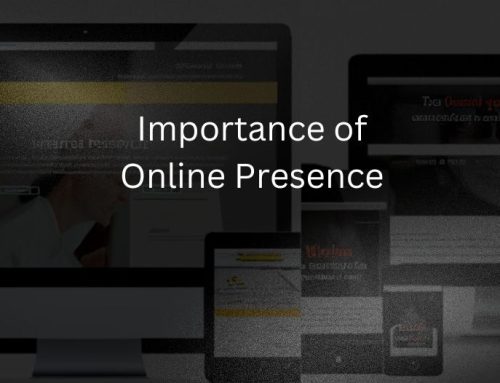A privacy policy page is a legal document that outlines how a company or organization collects, uses, and protects the personal information of its customers or users. It is usually displayed on a company’s website and is intended to inform users about the types of information that are collected, how the information is used, and how it is protected.
The purpose of a privacy policy is to protect both the users of a website and the company itself. For users, a privacy policy helps to build trust and confidence by clearly explaining how their personal information is being handled. It also helps users to understand their rights and how to exercise them, such as the right to request access to or deletion of their personal information.
For companies, a privacy policy helps to ensure compliance with relevant laws and regulations, such as the General Data Protection Regulation (GDPR) in the European Union. It also helps to protect the company from legal liabilities, such as lawsuits related to the misuse of personal information.
Types of personal information collected:
A privacy policy may outline the types of personal information that a company or organization collects from its users. This may include information such as names, email addresses, phone numbers, payment information, addresses, and IP addresses. A privacy policy may also describe how this information is collected, such as through online forms, cookies, or third-party websites.
How personal information is used:
A privacy policy may also describe the purposes for which personal information is used. This may include processing orders, sending marketing emails, improving the user experience, or providing personalized recommendations. It is important for users to understand how their personal information is being used and to have the ability to opt out of certain uses, such as marketing emails.
How personal information is protected:
A privacy policy should also describe the measures that are taken to protect personal information from unauthorized access or misuse. This may include encryption, firewalls, and access controls. It is important for users to feel confident that their personal information is being properly protected.
User rights:
A privacy policy should also inform users of their rights regarding their personal information. This may include the right to access, correct, or delete their personal information. It is important for users to understand how they can exercise these rights and to have a clear process in place for doing so.
Overall, a privacy policy is an important part of any online business, as it helps to build trust with customers and protect the business from legal liabilities. It is important to create a clear and comprehensive privacy policy that accurately reflects the practices of your business and ensures compliance with relevant laws and regulations.
Conclusion:
In conclusion, a privacy policy is a legal document that outlines how a company or organization collects, uses, and protects the personal information of its customers or users. It is an important tool for building trust with customers and protecting both the users and the company from legal liabilities. A privacy policy should be clear, comprehensive, and up to date, and should inform users about the types of personal information that are collected, how the information is used, and how it is protected. It should also inform users of their rights and provide a clear process for exercising those rights. By following best practices and creating a strong privacy policy, companies and organizations can ensure that they are transparent, trustworthy, and compliant with relevant laws and regulations.




